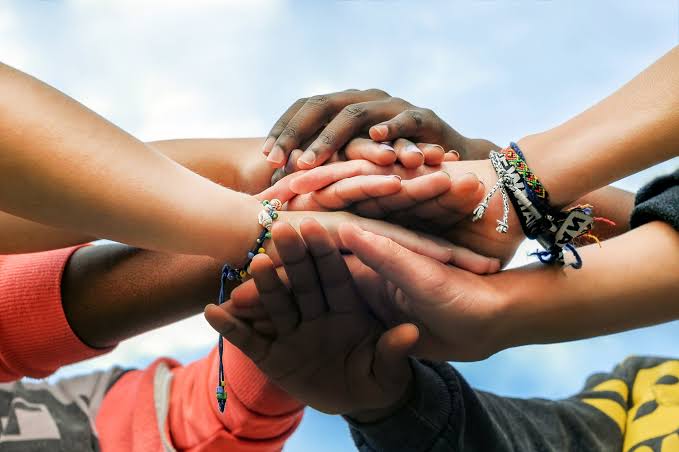The Role of Education in Promoting Conflict Resolution and Peace

The Role of Education in Promoting Conflict Resolution and Peace
Education plays a vital role in promoting conflict resolution and peace by fostering critical thinking, empathy, and understanding. Through education, individuals can develop the skills and knowledge necessary to navigate complex conflicts and work towards peaceful resolutions. By learning from history, cultural diversity, and social dynamics, students can gain a deeper understanding of the complexities of conflicts.
Incorporating conflict resolution and peace education into school curricula can have a profound impact. Students can learn about the root causes of conflicts, cultural differences, and the importance of tolerance. This enables them to develop effective communication skills, negotiate differences, and find mutually beneficial solutions. Role-playing, group discussions, and problem-solving activities can also help students practice conflict resolution techniques in a safe and supportive environment.
Moreover, education can help break cycles of violence and promote social cohesion by encouraging dialogue, empathy, and cooperation among individuals from diverse backgrounds. By promoting peace education, we can empower future generations to build more harmonious and peaceful societies. This can be achieved through initiatives such as exchange programs, community service projects, and cultural events that celebrate diversity and promote understanding.
Ultimately, education has the power to transform individuals, communities, and societies by promoting a culture of peace, understanding, and conflict resolution. By investing in education and promoting peace-building initiatives, we can create a more peaceful and harmonious world where individuals can thrive and reach their full potential. This requires a commitment to supporting educators, developing inclusive curricula, and engaging communities in the pursuit of peace and understanding.
